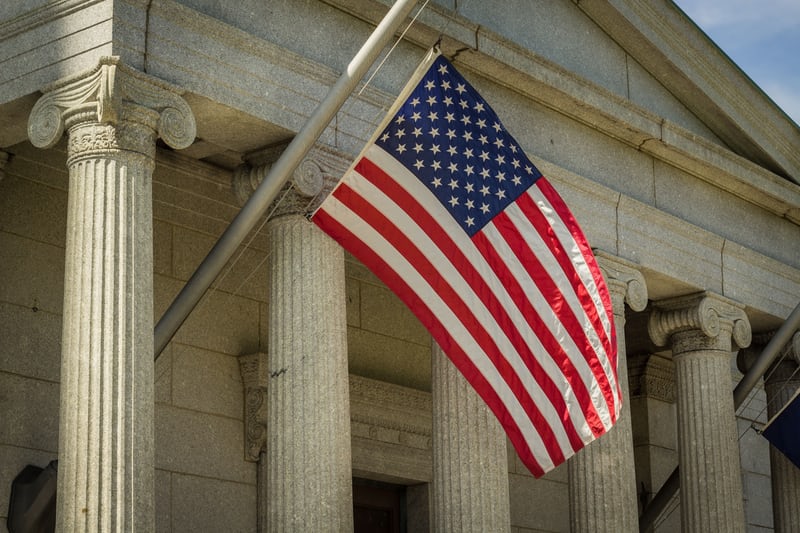Sandy Hook families’ lawsuit against gun manufacturer proceeds: Supreme Court declines to intervene in Connecticut action
 One of the most horrific mass shootings in the nation’s history occurred at Sandy Hook Elementary in Newtown, Connecticut. The shooter killed 20 children, all between the ages of 6 and 7, as well as 6 adults before killing himself. The families of those killed have brought a number of legal actions in response to the devastating losses they sustained on November 30, 2012.
One of the most horrific mass shootings in the nation’s history occurred at Sandy Hook Elementary in Newtown, Connecticut. The shooter killed 20 children, all between the ages of 6 and 7, as well as 6 adults before killing himself. The families of those killed have brought a number of legal actions in response to the devastating losses they sustained on November 30, 2012.
Parents of children killed have brought several legal actions under various legal theories. One of the successful suits was against the shooter’s mother’s estate. Since she was also killed in the rampage, her estate was liable for injuries resulting from her negligent acts that contributed to the killing. The plaintiff’s claimed she negligently kept a Bushmaster AR-15 unsecured, allowing her troubled son access to the weapon. The parties settled for $1.5 million to be divided among the plaintiffs.
One family brought suit against the town and school district, alleging the school was unprepared and the response was insufficient. The trial court dismissed the case in 2018, ruling that the situation was so unexpected, intense, and wildly dangerous that hindsight regarding safety protocols could not be deemed negligent.
The largest lawsuit is against Remington Arms Co. However, a federal law makes this sort of suit extremely difficult. The Protection of Lawful Commerce in Arms Act (“PLCAA”) makes gunmakers and dealers immune from any and all lawsuits, except for a handful of exceptions.
Ever since the PLCAA was signed into law in 2005, plaintiffs have been forced to plead one of the exceptions. The Sandy Hook parents are utilizing an exception that allows suit where unlawful marketing acts of a gun manufacturer cause injury. The plaintiffs claim that the rifle used in the mass shooting, a Bushmaster AR-15—and particularly the model XR-15—was promoted through “unethical, oppressive, immoral and unscrupulous” marketing practices. The complaint stated that Remington specifically marketed the gun as a military weapon “for use in assaults against human beings.” Plaintiffs point to advertisements connecting the rifles to the military, describing the Bushmaster as “the ultimate combat weapons system,” and proclaiming “Forces of opposition, bow down. You are single-handedly outnumbered.”
Ultimately, the plaintiffs argued that the shooter’s obsession with the military and violent video games led him to choose the XM-15 from his mother’s firearms collection “not only for its functional capabilities,” but “also because of its marketed association with the military.” Using this connection as a fulcrum, the plaintiffs brought their claim against Remington.
The trial court dismissed the claim, not persuaded that the exception was so broad. However, the Connecticut Supreme Court overruled that decision, and reinstated the claim. Remington appealed that decision to the United State Supreme Court. However, the highest court in the land does not hear every case submitted. After considering filings from both parties, it decided that there was no reason to review the matter. As such, the Connecticut Supreme Court’s decision stood.
The Sandy Hook Plaintiffs’ case currently proceeds in Connecticut court. More appeals are likely, especially if they received an award for damages. Despite the importance of this case to the parents, it has far larger implications in general. Many claims may be filed under a similar theory. Every state may interpret the law differently, but for now, at least one state has created an avenue for those injured in gun violence to obtain compensation from gun manufacturers.



